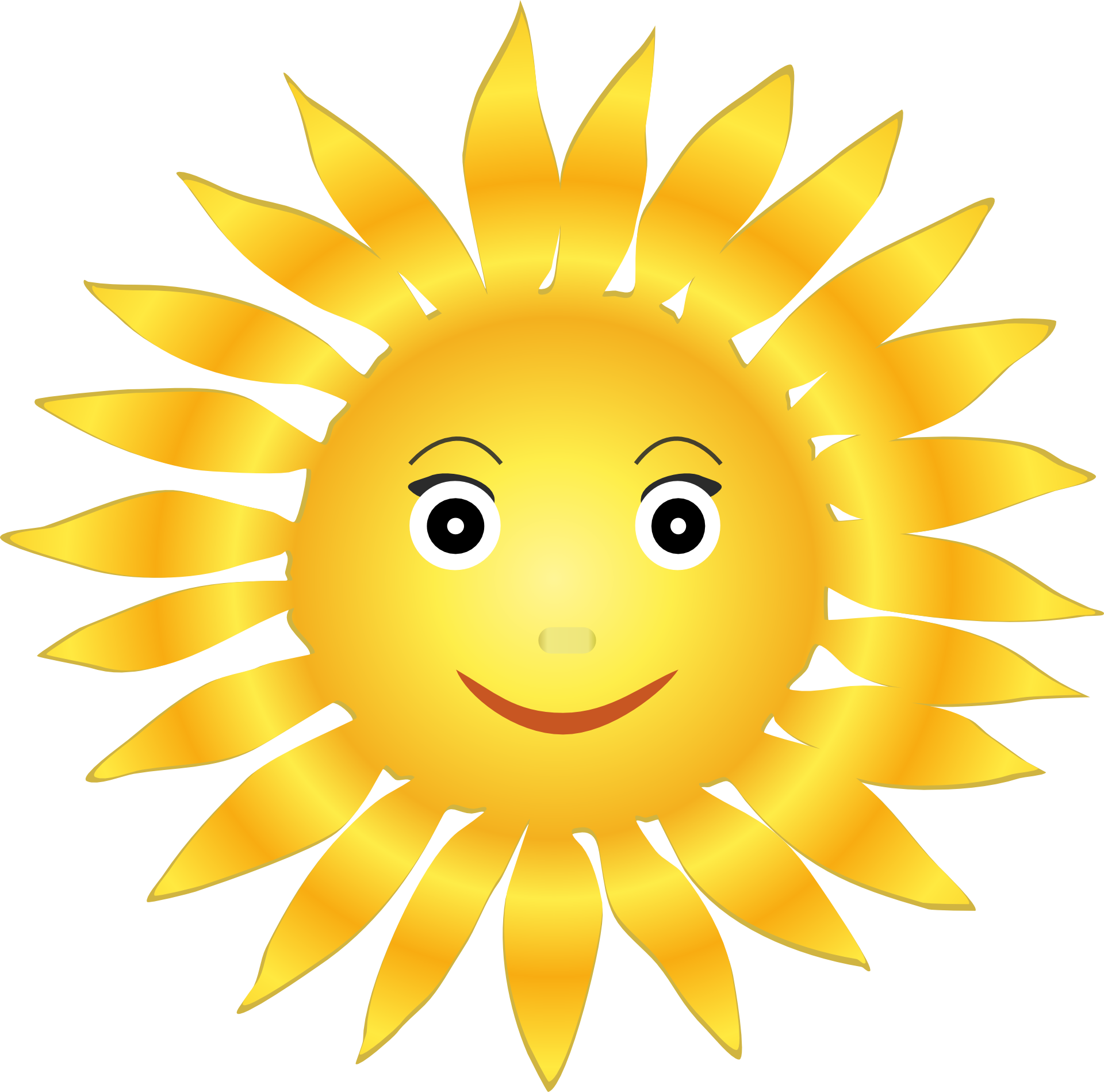Get your Daily Dsssss

Several of my docs have said I’m low on Vitamin D and I need to take a supplement. My bloodwork showed I was low. So I’ve been researching this vitamin we all know as the ‘Sunshine Vitamin” because we get it from the sun.
Vitamin D is produced in our bodies in response to exposure to the sun, eating certain foods and by taking supplements.
There are several forms, including two that are important to humans: D2 and D3. Vitamin D2 (ergocalciferol) is synthesized by plants, and vitamin D3 (cholecalciferol) is synthesized by humans when skin is exposed to ultraviolet-B (UVB) rays from sunlight. The active form of the vitamin is calcitriol, synthesized from either D2 or D3 in the kidneys. Vitamin D helps to maintain normal blood levels of calcium and phosphorus.
There are real benefits to making sure you have adequate vitamin D.
- It fights disease (like MS, heart disease and the flu)
- It helps with weight loss
- It helps with depression
I take one or two vitamin D3 supplements each day. (2000 IUs/each pill)
Foods that have vitamin D
Adding these foods to your diet can help with vitamin D deficiency:
- salmon
- milk (with vitamin D added)
- sardines
- cereal (with vitamin D added)
- egg yolk
- shrimp
- yogurt (with vitamin D added)
- orange juice (with vitamin D added)
While I avoid juices and cereals and milk because of my type 2 diabetes and want to eat more ketogenically, I do add certain foods with vitamin D to my meal planning.
We love salmon and I get the frozen blackened fillets frequently. I also like to whip up a salmon salad or cook salmon patties.
We are not fond of sardines, but we eat a lot of organic eggs and occasionally shrimp.
How to get vitamin D from the sun
Sitting in the direct sun and exposing your hands and face for 10 minutes each day can help when your body is low on vitamin D. Sunscreen is great in helping prevent skin cancer, but allowing your skin access to some direct sun is actually healthy for you.
There is not a significant amount of vitamin D in food, so sun exposure is the best way to maintain adequate levels; ultraviolet rays trigger vitamin D synthesis in the skin. In spite of the ability to make our own vitamin D, most people in the U.S. need to take supplemental vitamin D, especially seniors, as the ability to synthesize it in the skin declines with age.
Vitamin D and weight loss
I’ve been researching vitamin D and weight loss and have several articles:
In the year-long study of older overweight women with insufficient vitamin D levels, weight loss coupled with vitamin D supplementation had a greater effect on reducing levels of the proinflammatory cytokine interleukin (IL)-6 than weight loss alone.
“Evidence suggests that overweight individuals have lower levels of vitamin D because it’s sequestered in fat depots, leading to lower bioavailability,” said lead author Catherine Duggan, PhD, from Fred Hutchinson Cancer Research Center in Seattle.
Other articles:
Why You Need More of Vitamin D if You Are Heavy
Does Taking Extra Vitamin D Reduce Body Fat?
Why should I consume vitamin D if I want to lose weight?
Comments
Thanks for looking at my site and coming to this page. I would love for you to leave any questions or comments below.
– Shirley